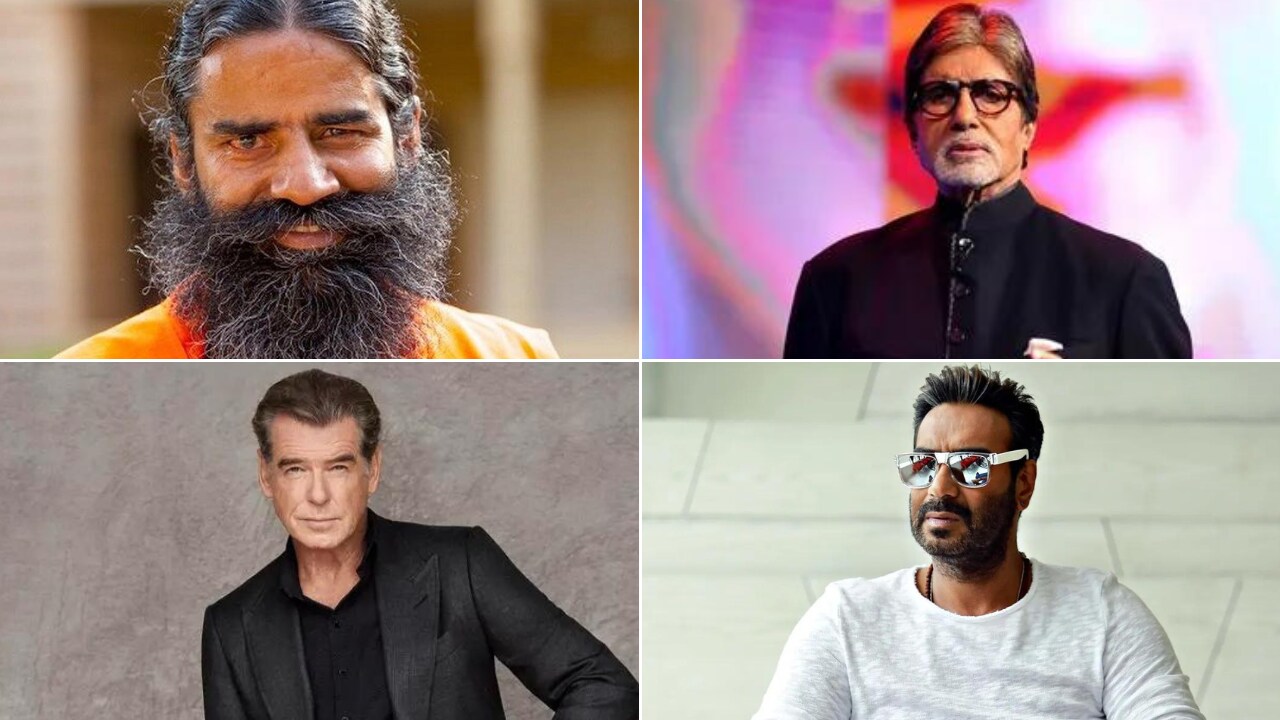Bringing on board a celebrity to endorse a brand to reach a large audience is the most common form of advertising today. And why wouldn’t it be? It’s highly effective. Celebrities not only pull a large audience but also bring along amazing personal brand value that acts as a catalyst to propel the brand forward.
But can this backfire? Can a famous, loved and respected celebrity’s association with a brand do more harm than good for the brand? Or rather, can the celebrity be affected due to their association with certain brands?
The Supreme Court on May 7 said that celebrities and social media influencers are equally responsible and liable if found endorsing products or services in misleading advertisements.
The apex court said this while dealing with the case filed by the Indian Medical Association (IMA) against Baba Ramdev’s Patanjali Ayurved in its ongoing misleading ads case.
“We are of the opinion that the advertisers or the advertising agencies or endorsers are equally responsible for issuing false and misleading advertisements. Endorsements by public figures, influencers, celebrities etc. go a long way in promoting a product and it is imperative for them to act with responsibility when endorsing any product in the course of advertisements,” said a bench of Justices Hima Kohli and Ahsanuddin Amanullah.
The court added that there are Central Consumer Protection Authority (CCPA) guidelines in place that ask all influencers to be upfront and transparent about their paid partnerships with brands.
“We are of the opinion that the advertisers or the advertising agencies or endorsers are equally responsible for issuing false and misleading advertisements. Endorsements by public figures, influencers, celebrities etc. go a long way in promoting a product and it is imperative for them to act with responsibility when endorsing any product in the course of advertisements,” the court added.
The Advertising Standards Council of India (ASCI) has issued guidelines requiring influencers to conduct due diligence before endorsing any product. They must ensure that all statements about the product or service are capable of scientific substantiation.
Furthermore, influencers are required to clearly disclose their material connections with the brand they are endorsing. This includes any personal or financial interests. Disclosures must be clear, prominent, and unambiguous, making it easy for the audience to understand the nature of the endorsement.
Sonal Alagh, Partner, Alagh & Kapoor Law Offices said that under the CCPA guidelines, advertisements should not contain false, misleading, or deceptive claims about the product or service. Any visual or voiceover in advertisements that misleads about the true nature of the product is also prohibited.
“The Consumer Protection Act, 2019 provides the framework for protecting consumer rights against unfair trade practices and misleading advertisements. It establishes the CCPA, which is tasked with enforcing the provisions of the act,” Alagh added.
Patanjali Ayurved however, isn’t the first case where celebrities are being held responsible for their endorsement choices.
Surrogate advertising, a concept that for a long time has helped brands sidestep the law, to promote products and services that are otherwise legally impermissible. Side step being the key words here. After all, surrogate advertising is completely legal, a lovely grey area so to say.
Surrogate advertising itself usually doesn’t receive much flak, it’s the celebrities who endorse these products who face judgement.
The best example – Pan Masala. Some of the most well-known names in India from Amitabh Bachchan, Shah Rukh Khan, Akshay Kumar, Ajay Devgn and Ranveer Singh have all been associated with Pan Masala ads. And the flak they receive is constant. Yet, a lot of them continue to appear in these ads.
A few years ago, there was a case where popular Hollywood actor Pierce Brosnan endorsed an Indian pan masala brand. He received a lot of hate for it. And soon after, he released a statement saying that he was reportedly “cheated” and the company kept him in the dark about the “hazardous” nature of the product he was promoting.
The cases are not limited to just mainstream celebrities but extend to social media influencers as well. The debate between skill-based gaming and real-money gaming has been a fierce one for a while.
While the government has taken measures to curb real-money gaming to large extents, there are still companies that onboard influencers who willingly promote real-money games. A lot of big names in the influencer industry promote money-related games regularly.
“Gone are the days when celebrities could endorse pretty much anything ranging from Pan Masala and alcohol to other legally impermissible items. Expect endorsements to be closely monitored today under the changed legal regime. The law under the new Consumer Protection Act specially imposes a liability on celebrities and endorsers, such as influencers, who endorse prohibited goods morphed with permitted goods having the same branding. Such instances will be viewed strictly, under the law, going forward. Given that ignorance of law is no excuse celebrities have to understand the laws before they actually go ahead and accept endorsement contracts,” said Archana Balasubramanian, partner, Agama Law Associates.
She added that the nature of liability has evolved from tortious liability to statutory liability. Tortious liability is difficult to enforce in India, liability under a statute will enable charges of serious offence against celebrities.
At the end of the day, the views and opinions of celebrities and influencers have the power to sway consumer choices and preferences. The Guidelines for Prevention of Misleading Advertisements and Endorsements for Misleading Advertisements, 2022 require endorsers to do their own due diligence before they endorse a product, said Aarushi Jain, Partner, Cyril Amarchand Mangaldas.
“What this means is that the endorsers are expected to seek information about the product they endorse or claims they make in an advertisement, before they promote it to others. In addition, endorsers are also expected to disclose any ‘material connection’ with the advertiser if that connection can impact the credibility of their statements. Such checks are important in public interest and to ensure that followers are not misled,” Jain said.
